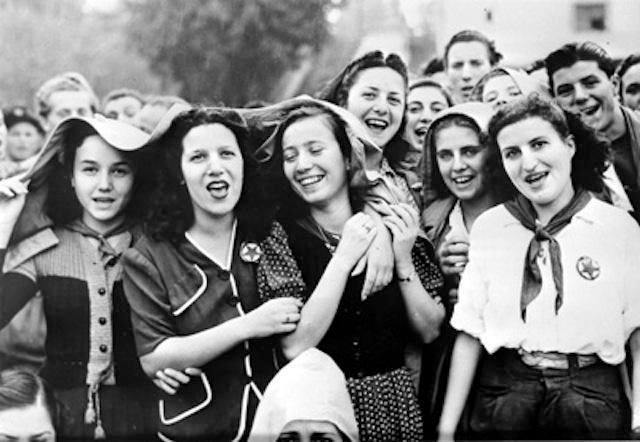The Italian resistance movement is the period that starts after the Armistice of September 08 1943 and ends in early may 1945, When the war ended. The area of Cuneo was one of the areas that has helped in the fight against fascism, and women also participated in this battle: nationally recognized officially the supporters were about 50.000, in the only Piedmont were 7.773; as we are reminded by the prof. R. Assom, of these 1.400 they had the partisan fighters patent; 91 have fallen in combat or were shot or hanged; 921 were the patriote and 976 the praiseworthy. Although women had already played a key role in the first world war, the stereotype that wants women to be incompatible with the spaces and the tasks from time to time defined masculine proves persistent even during the period of resistance, and this phenomenon has ended up penalizing the role held by women in this period.
Who were the women who fought on our mountains during World War II? Were mothers, daughters, Sisters, wives. All, Since September 1943, they started to help the bums giving them civilian clothes, a hot meal, a caress, in the hope that their loved ones, Maybe far away, other women pay the same care they were providing to these strangers.
Some women took pains not only to give subsistence to former soldiers, but also facing "militarily" war. The first couriers and informers partisans were women. Originally brought together to aid in food and clothing, the news from home and information on the movements of the enemy. Soon this spontaneous work was organized, and each detachment was created their own couriers, specializing in shuttle between the towns and the commands of the partisan units.
Women have made a huge contribution in the fight against fascism. For many women the battle has involved the use of traditional weapons, but the personal initiative and solidarity, of cunning and devotion. These are women who have laid the Foundation to the affirmation of the female gender and recognition of equal opportunities.
From the book by R. Assom, Women in the storm, an excerpt of testimony of partisan relay Ljubi:
"I was afraid of what they could make me. I was afraid. First thing the rape. I shot with a Sip attached to life. Also because I had the folder with all the names of the partisans of the Brigade, before, the Division then, and other important documents. […] However, my fear was that of sex. […] Luck that were so morons, because I spent the pints of Pessione where there was a column on the right and one on the left, Germans and fascists who watched this bridge. I went and, When I was there, I remembered I had the socks of the launch. I went and they gave me the tantara ".
Maria
